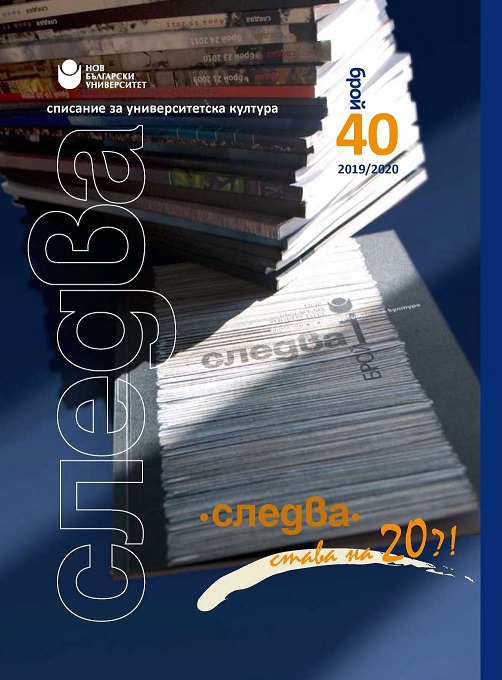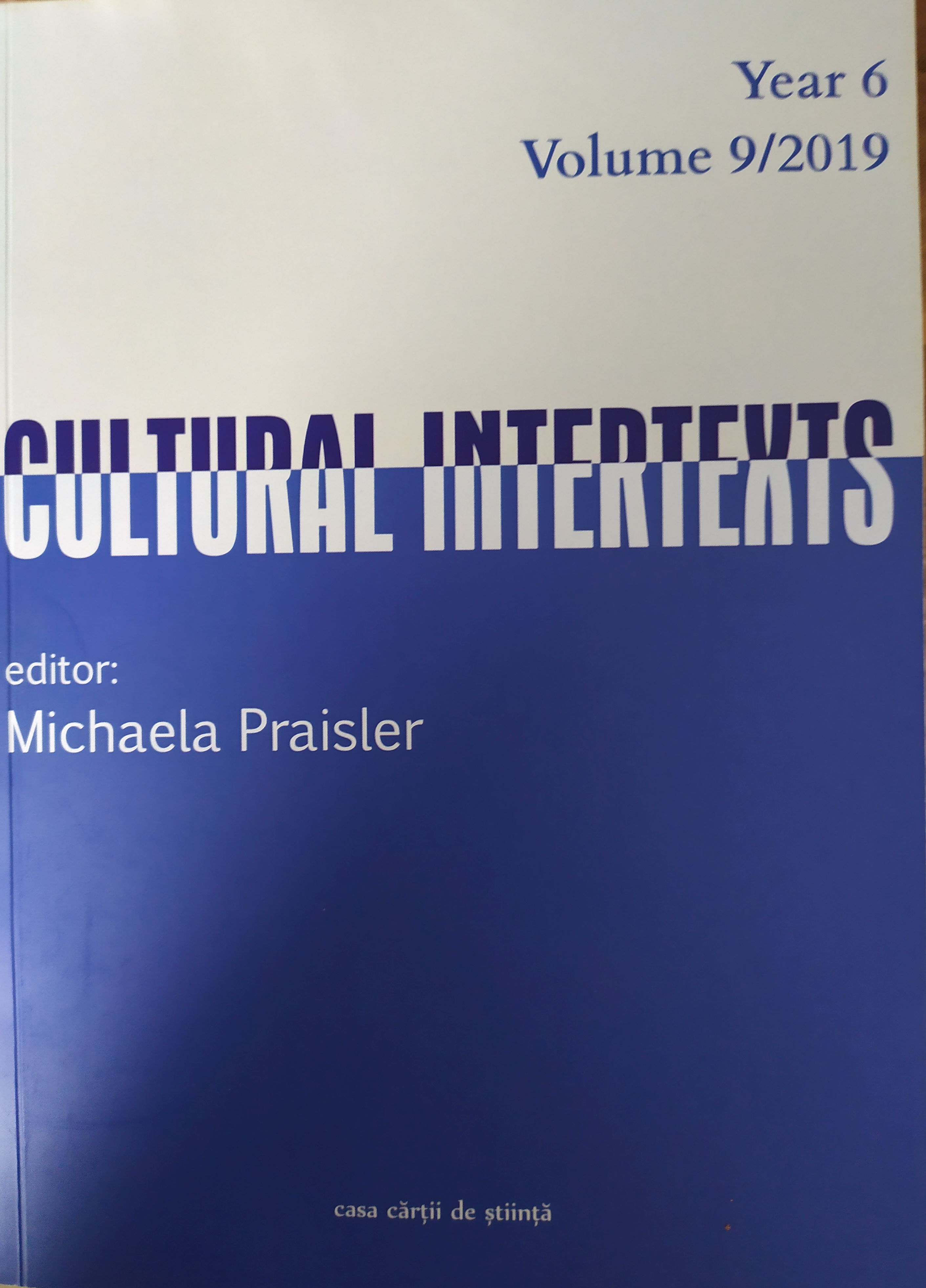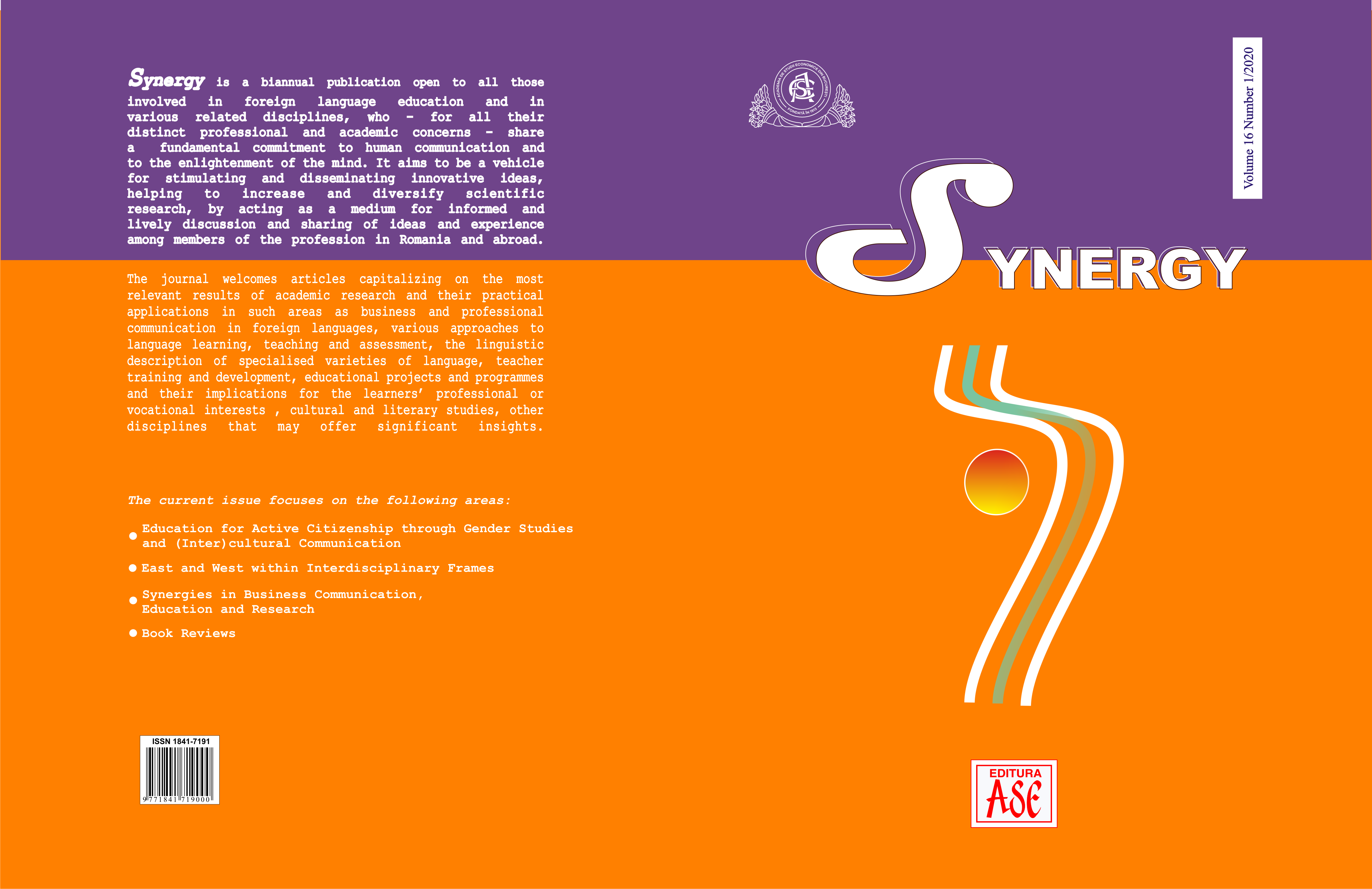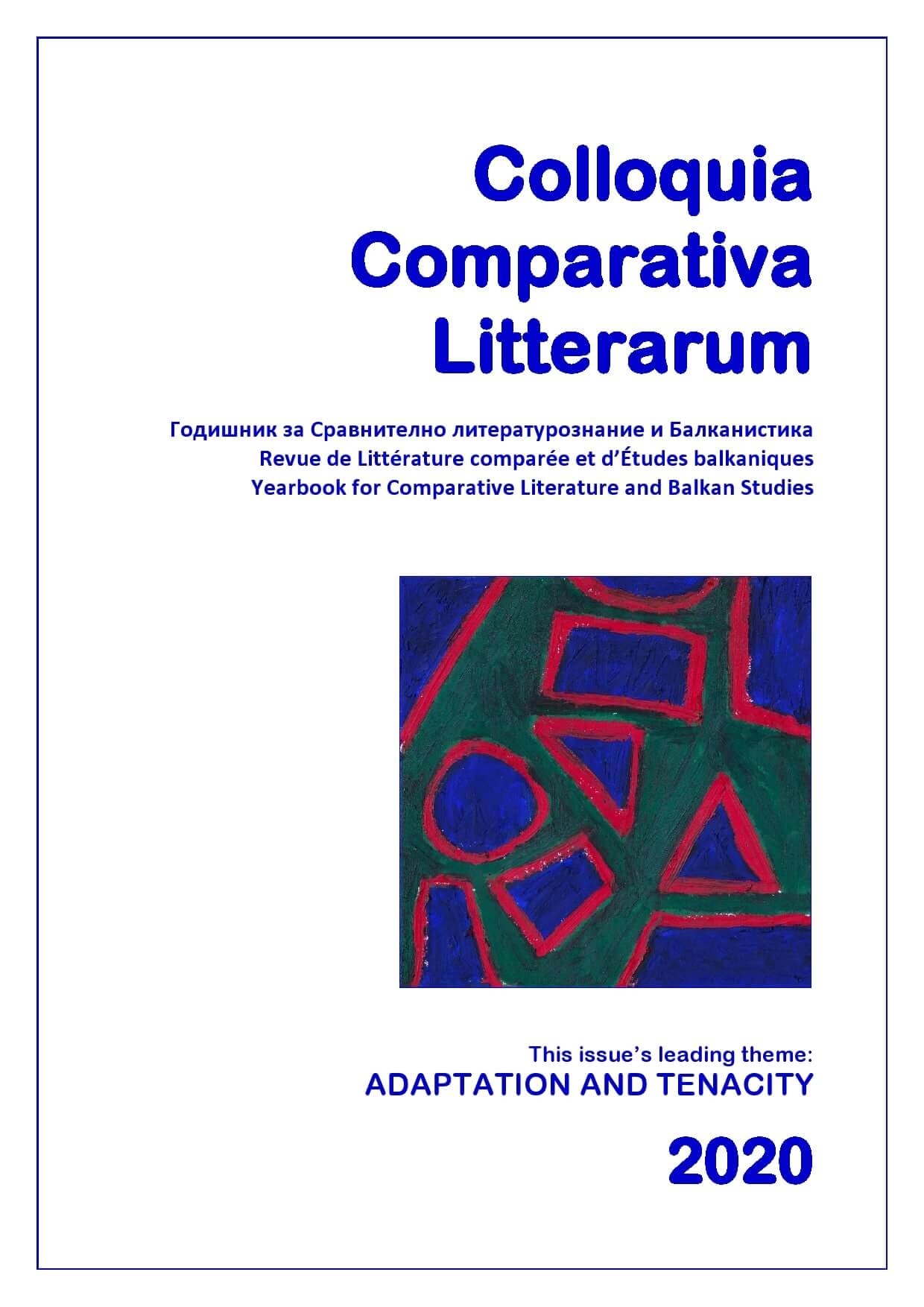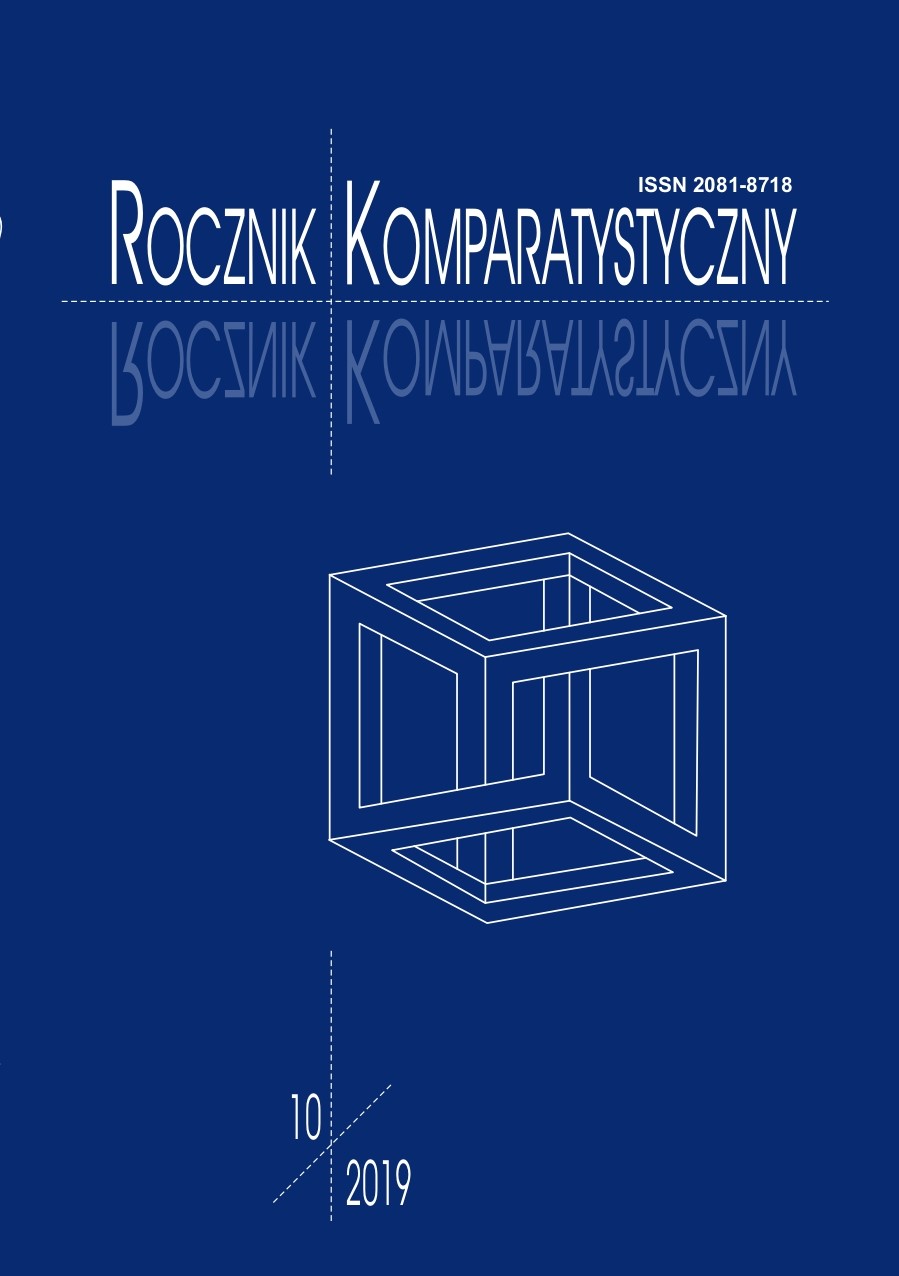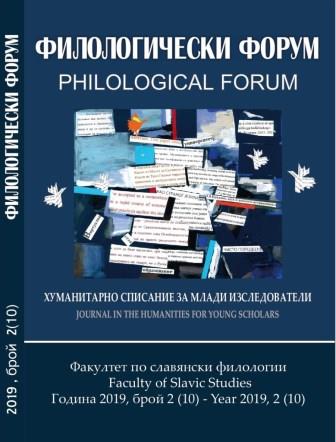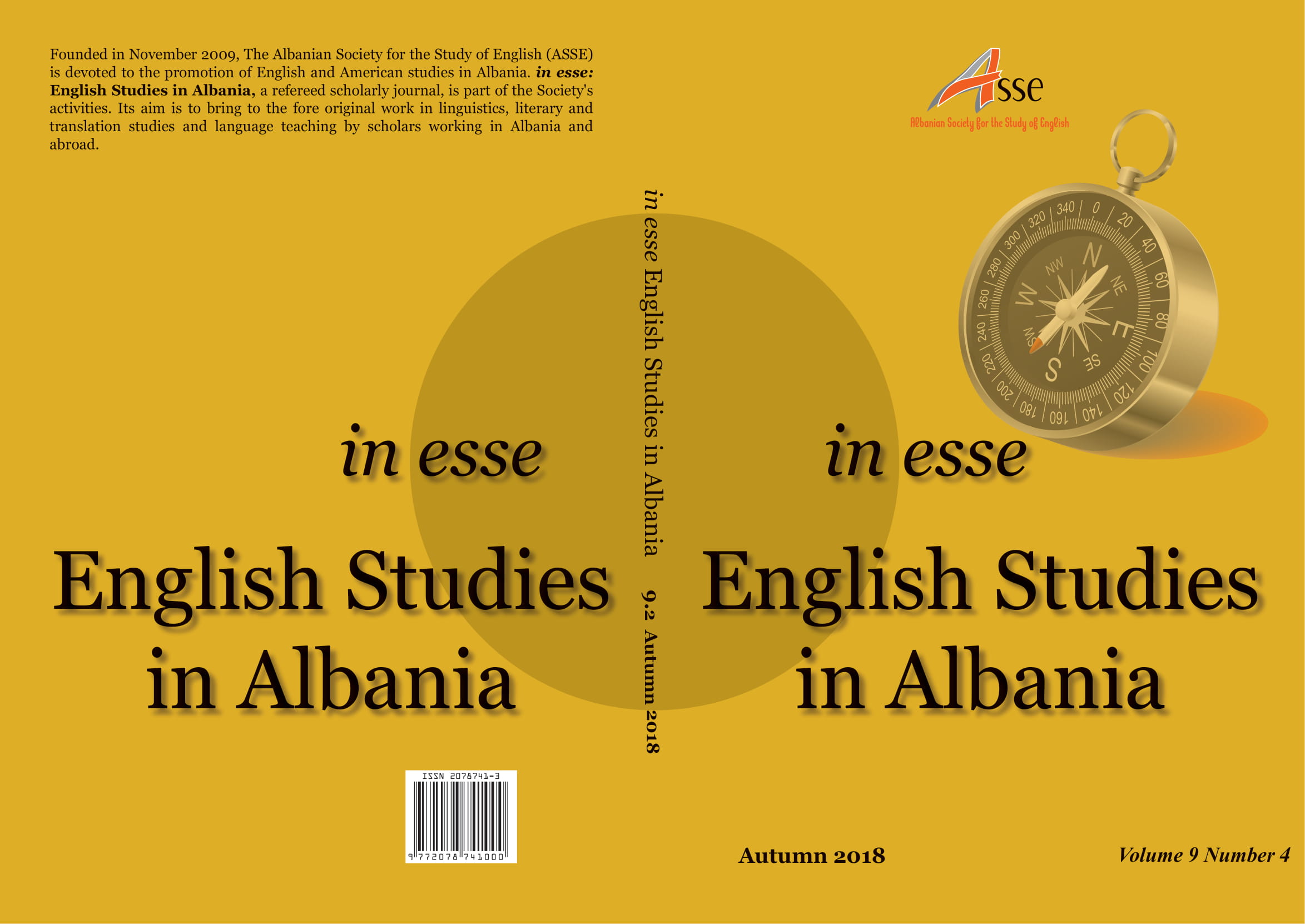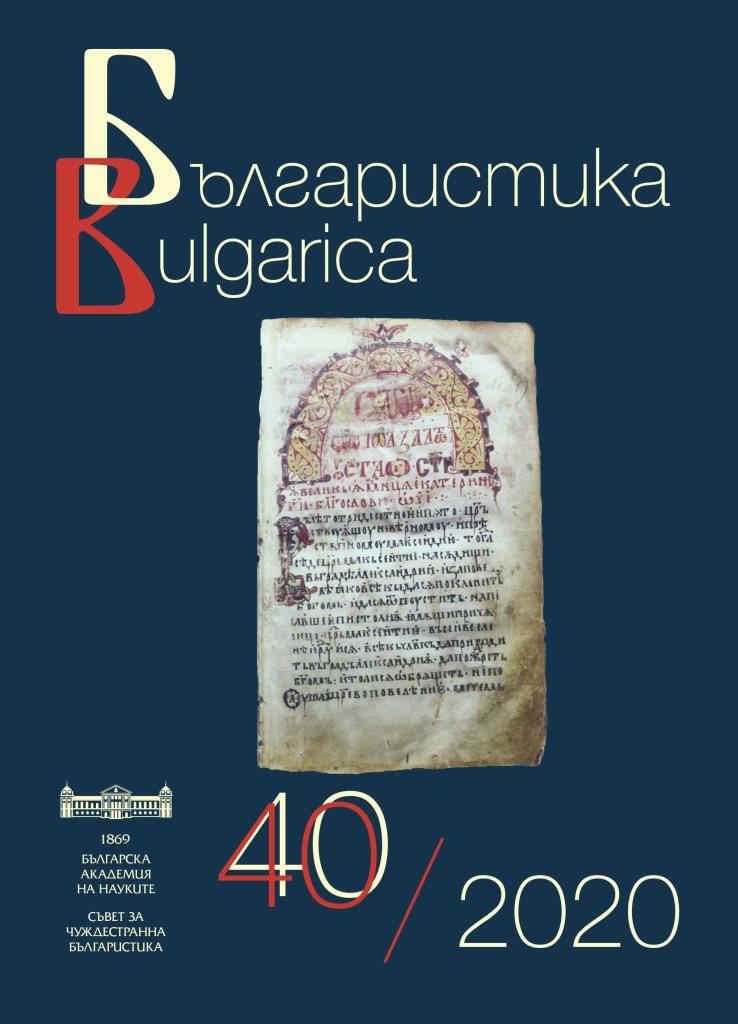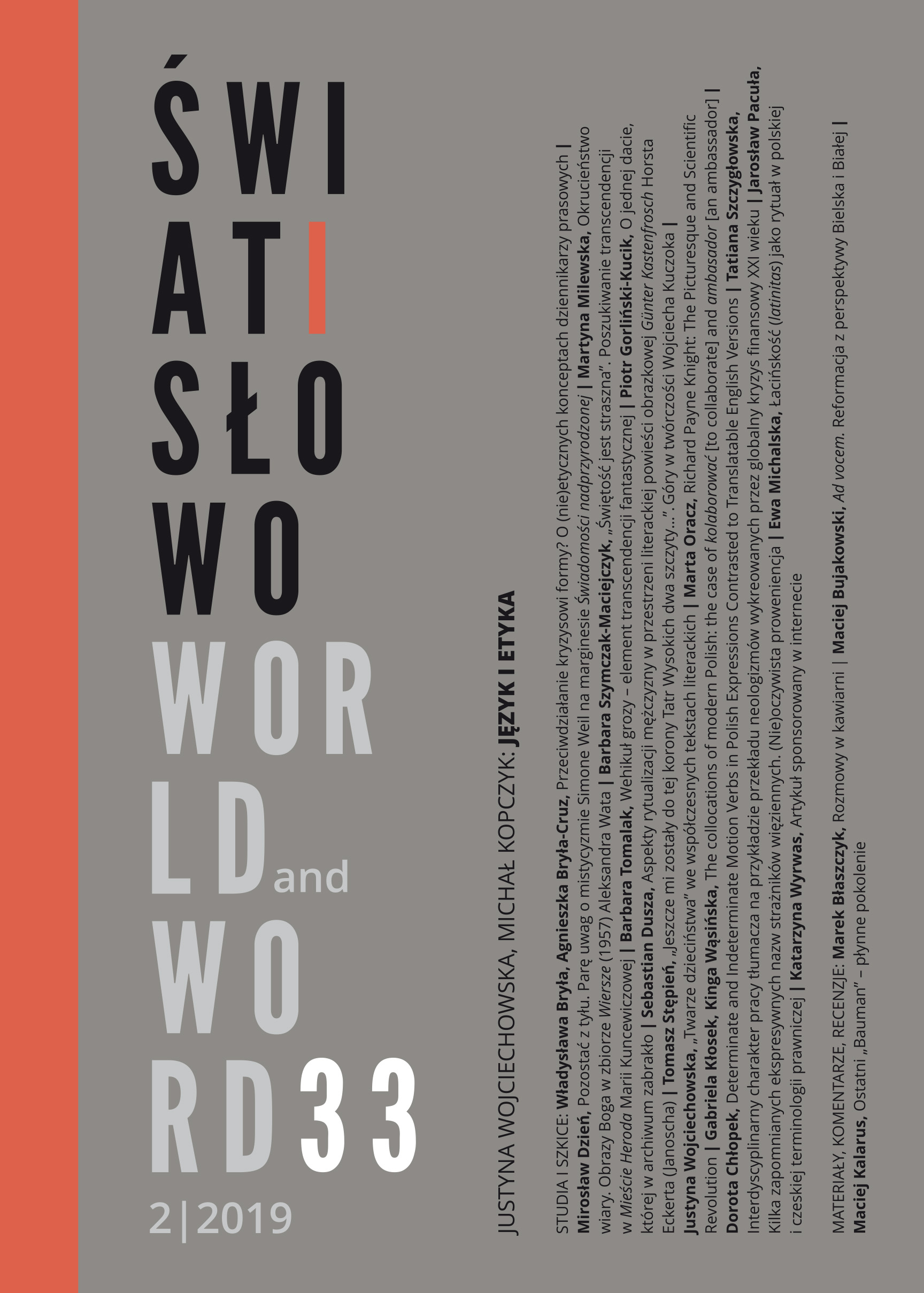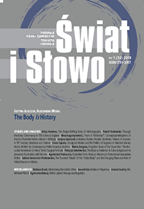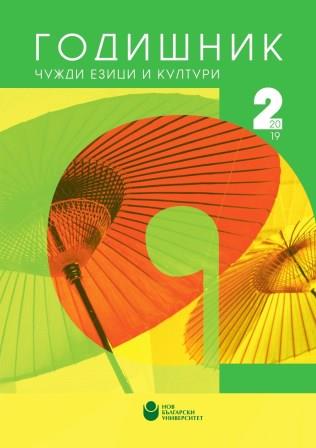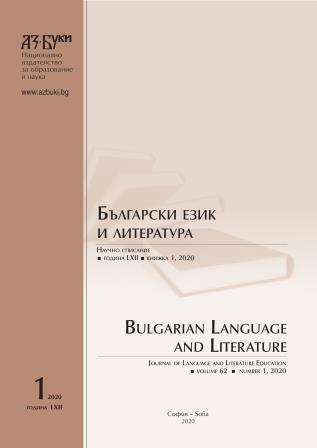
Символика на женските коси в поезията на П. Яворов
The article examines the unexplored image of the women’s hair in Bulgarian literature. It is highlighted in about ten poems by Peyo Yavorov. The aim of the study is to reveal the rich range of symbolism that this image has. The focus is on “Come”, “Curse”, “Song of my song” and “Mask”. The article also touches the features of Yavorov’s poetry as the image of the night, the women’s eyes and age. The text also draws a parallel between the function of seductive hair in the “Mask” and how the image of women’s hair which it introduces into temptation in Bulgarian prose. In the article is given an example of some stories from the iconic cycles with stories “Below the monastery vine” by Elin Pelin and “Stara planina legends” by Yordan Yovkov.
More...
